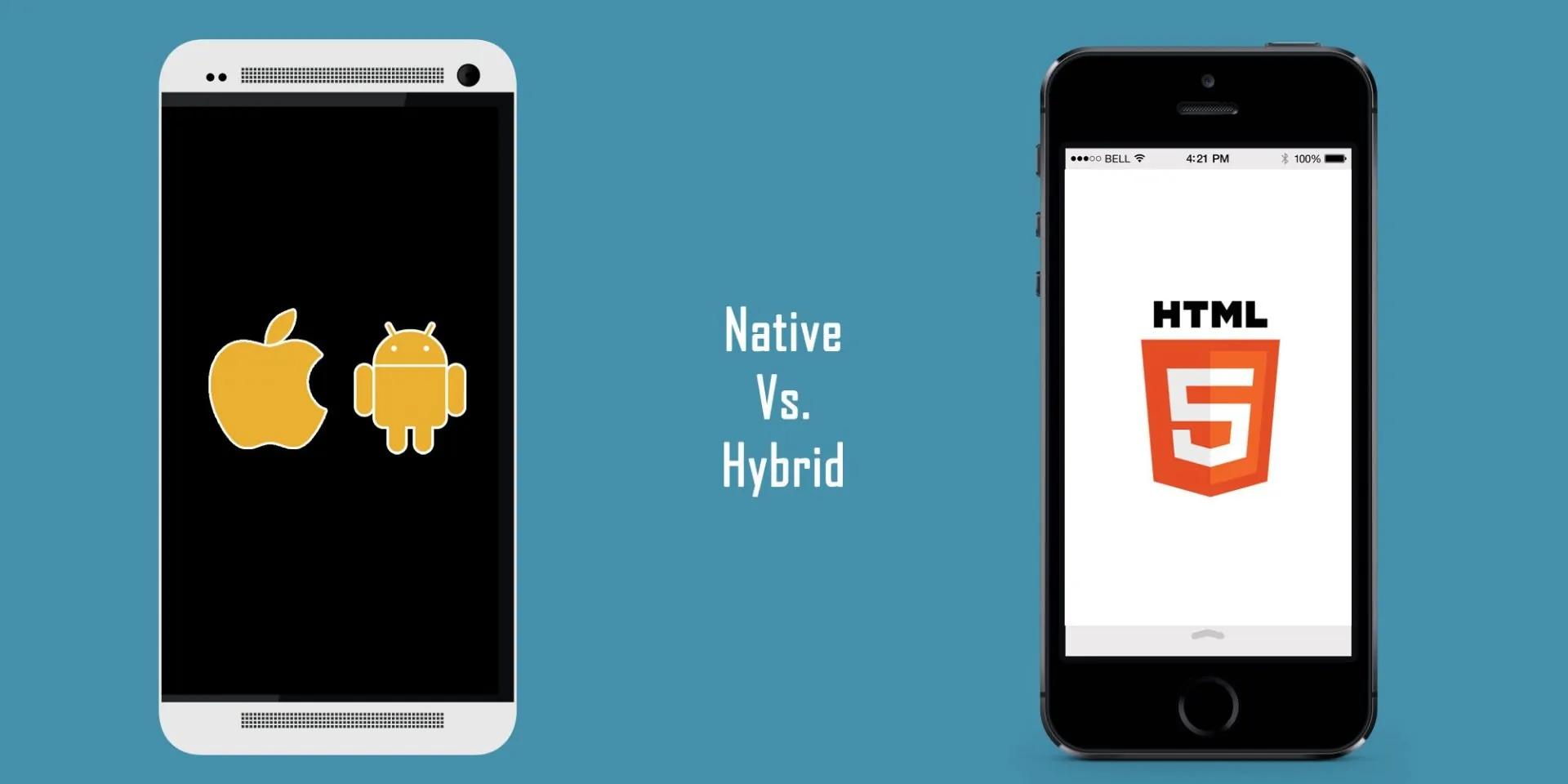
When it comes to the vast and ever-evolving world of app development, creators have two options: Native or Hybrid. Before we delve into this debate, let's clarify what these terms mean exactly.
What is a native app?
Generally speaking, native apps are what normally comes to mind when you think of apps. Most of the apps on your mobile device are, in fact, native apps. Programs like Facebook and Twitter, for example, were built in this fashion. Native apps are written in mobile language which the platform explicitly understands, unlike a hybrid app which is written primarily in Javascript.
What is a hybrid app?
By definition, a hybrid app is “is an application that is accessed via a web browser over a network such as the Internet.” A hybrid app pulls its information and any updates directly from a web source. Hybrid apps are developed using HTML, CSS and then are wrapped in a native application.
Now, let’s understand some of the key differences:
Budget and Timeline
These are the most important questions you need to be asking yourself. How much are you looking to spend and how quickly do you need to launch? Building a native app will take time and money, so if you are looking to launch in less than six months, opting for a hybrid app will ensure that your app is cross-platform ready without breaking the bank. Keep in mind, you may end up spending more time tweaking your application down the line based on user feedback. If you are able to invest a little more capital and have a less urgent timeline, then spending the extra time and money to build a native app will be worth the investment.
The User Experience
If you want to create a superior user experience, investing in a native app would be the better choice. However, this doesn’t mean that the user experience of a hybrid app is poor. It truly depends on what you are looking for in the way of speed, capability, and versatility. With the right developers, you can get quite close to the same experience with a hybrid app. In fact, you would be hard-pressed to find an average user who would be able to tell the difference between the two.
Maintenance
How often do you anticipate the need for updates? This is another important point of consideration when deciding which route to take. How often do you need to update your mobile app? If the answer is “often”, then you should consider a hybrid app. The critical advantage being that hybrid apps update directly from the web making it far less time-consuming. This is the reason applications like Instagram, Untappd, Yelp, and Uber opt to utilize this method of development. The process in which is taken to update a native app is far more time consuming and may be a deterrent if regular updates are on the horizon for your business.
The Verdict
Drum roll please… and the winner is, you! Ultimately it comes down to what you are looking for as a business and what you are able to invest. There is no wrong answer here, only options and room to grow. Getting your message out there is the most important, only second to creating the optimal user experience. So whether you decide to go with a native or a hybrid app, consider all the aforementioned factors before you dive in.
Best eCommerce App Development Companies.
-
Are you ready to take the plunge? Contact Dotlogics and let us guide you through the decision process. From there we will build the best application for your business, no matter what you choose.
Let's Get to Work.
Have an unsolvable problem or audacious idea?
